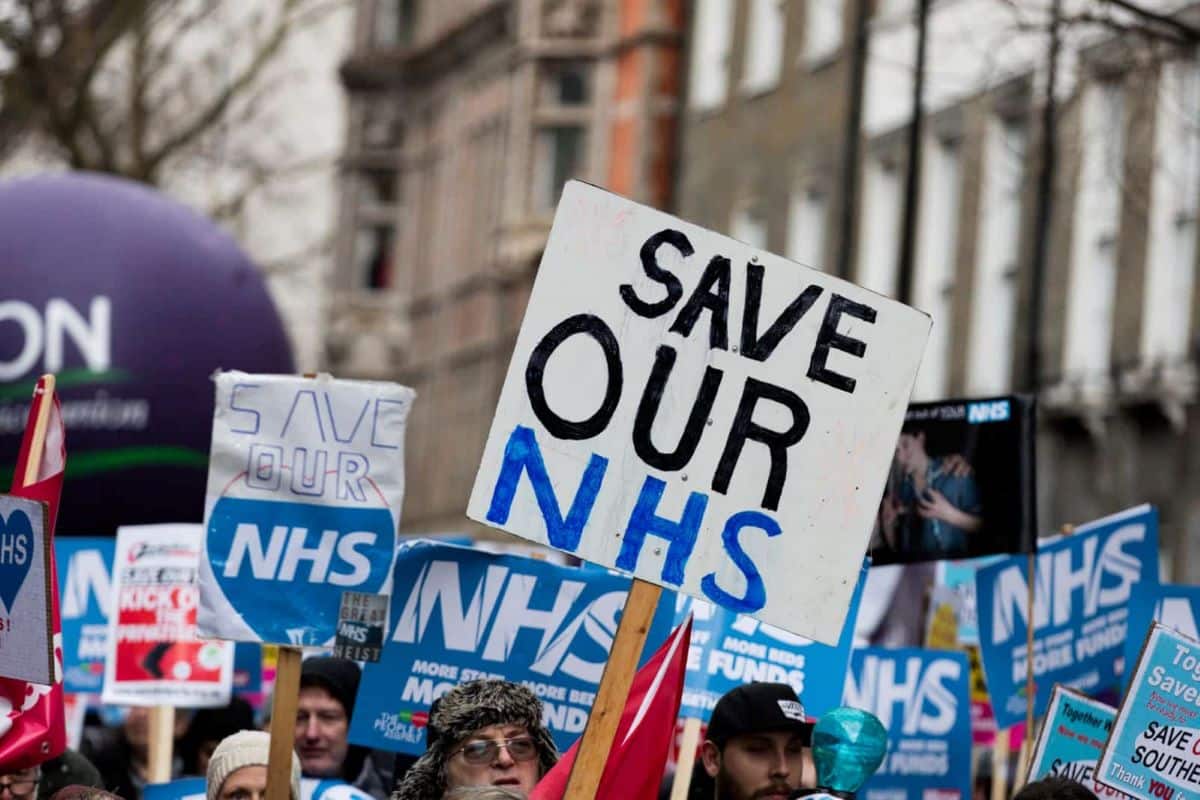The government and junior doctors initiated crucial talks over a contentious pay dispute that could reshape the future of the NHS. Here’s the full story.
Long Running Dispute
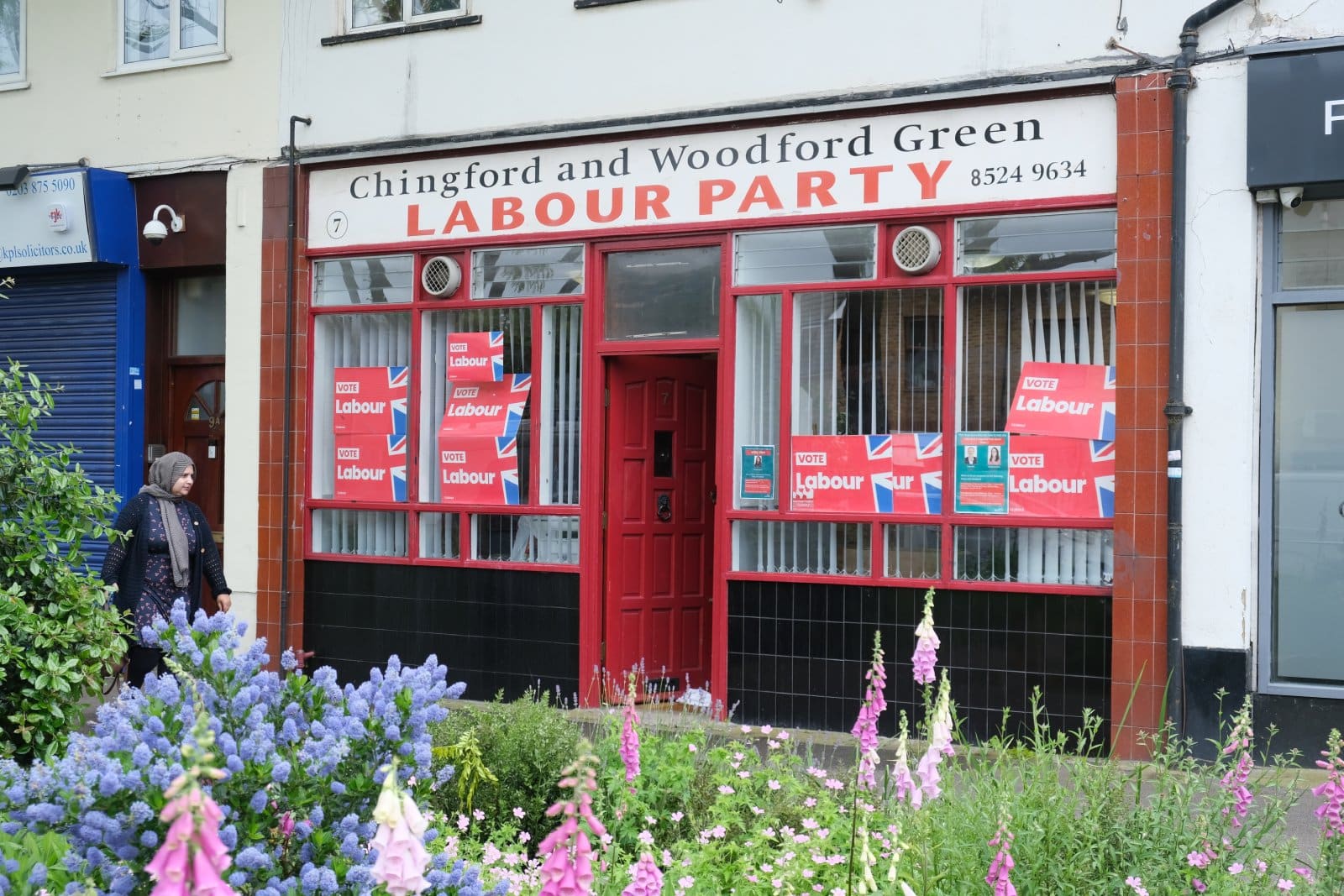
The newly appointed Health Secretary, Wes Streeting, has begun face-to-face talks with junior doctors in an attempt to resolve the long-running dispute over pay. The discussions marked a significant improvement in the previously strained relationship between the last Conservative government and healthcare professionals and the new relationship the unions are trying to forge with the Labour government.
Substantial Pay Increase
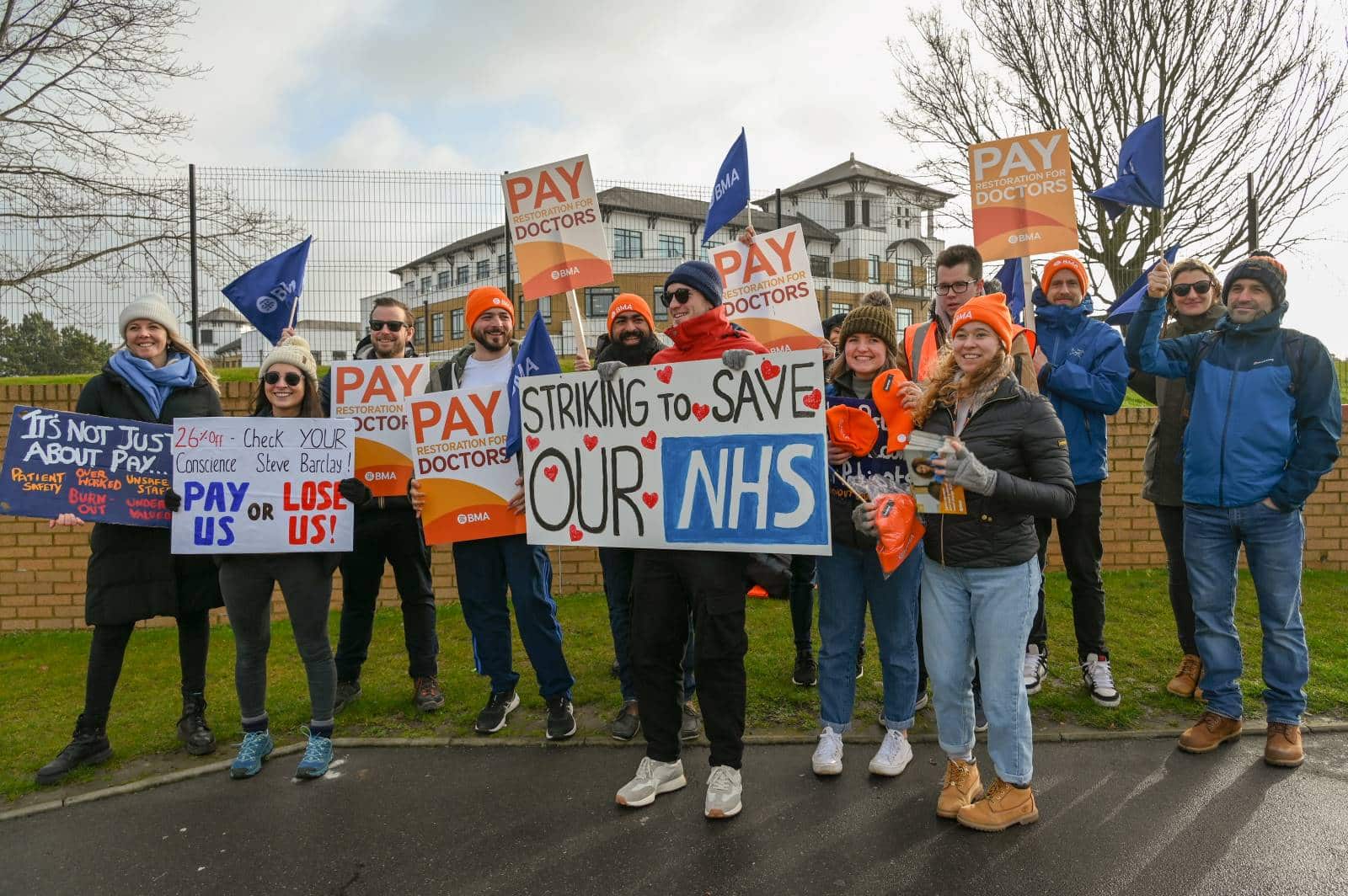
The junior doctors, represented by the British Medical Association (BMA), have demanded a substantial pay increase to offset what they have described as years of financial erosion due to sky-high inflation and stagnant pay.
35% Pay Rise

Junior doctors in England have been advocating for a 35% pay rise, arguing that their real-term income has fallen dramatically over the past 15 years, which has led to a significant decrease in their purchasing power, which they claim has been slashed by more than a quarter.
Pay Increment Needed

Despite a nearly 9% pay increase in the last financial year, the doctors maintain that further increments are necessary to restore their economic standing.
Cannot Meet the Demand

Wes Streeting has clearly stated that the government cannot meet the 35% pay demand. At the conference, he emphasised the importance of honesty and respect in negotiations, saying, “This is an important reset moment, I think, in the relationship between junior doctors and their government.”
Importance of Honesty
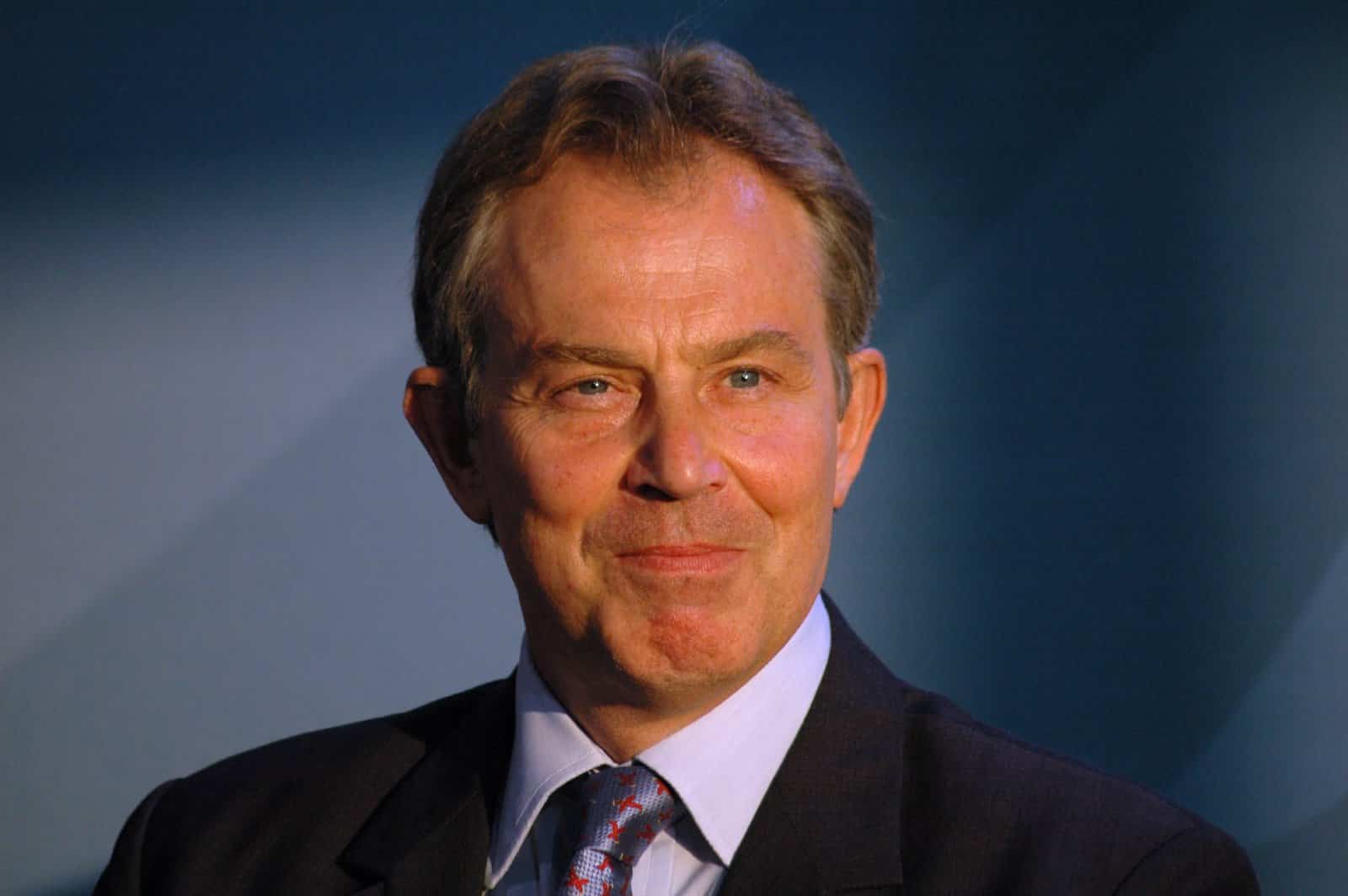
Speaking at the Tony Blair Institute’s Future of Britain Conference 2024, Streeting stated, “In opposition, we were very clear that the headline 35% pay demand is not one that we could afford, and that has not changed since the general election. The reason we were so blunt in opposition wasn’t simply about delivering a tough message, but about showing them the respect I think they are due, and a key ingredient of respect is honesty.”
Beyond Pay Issues
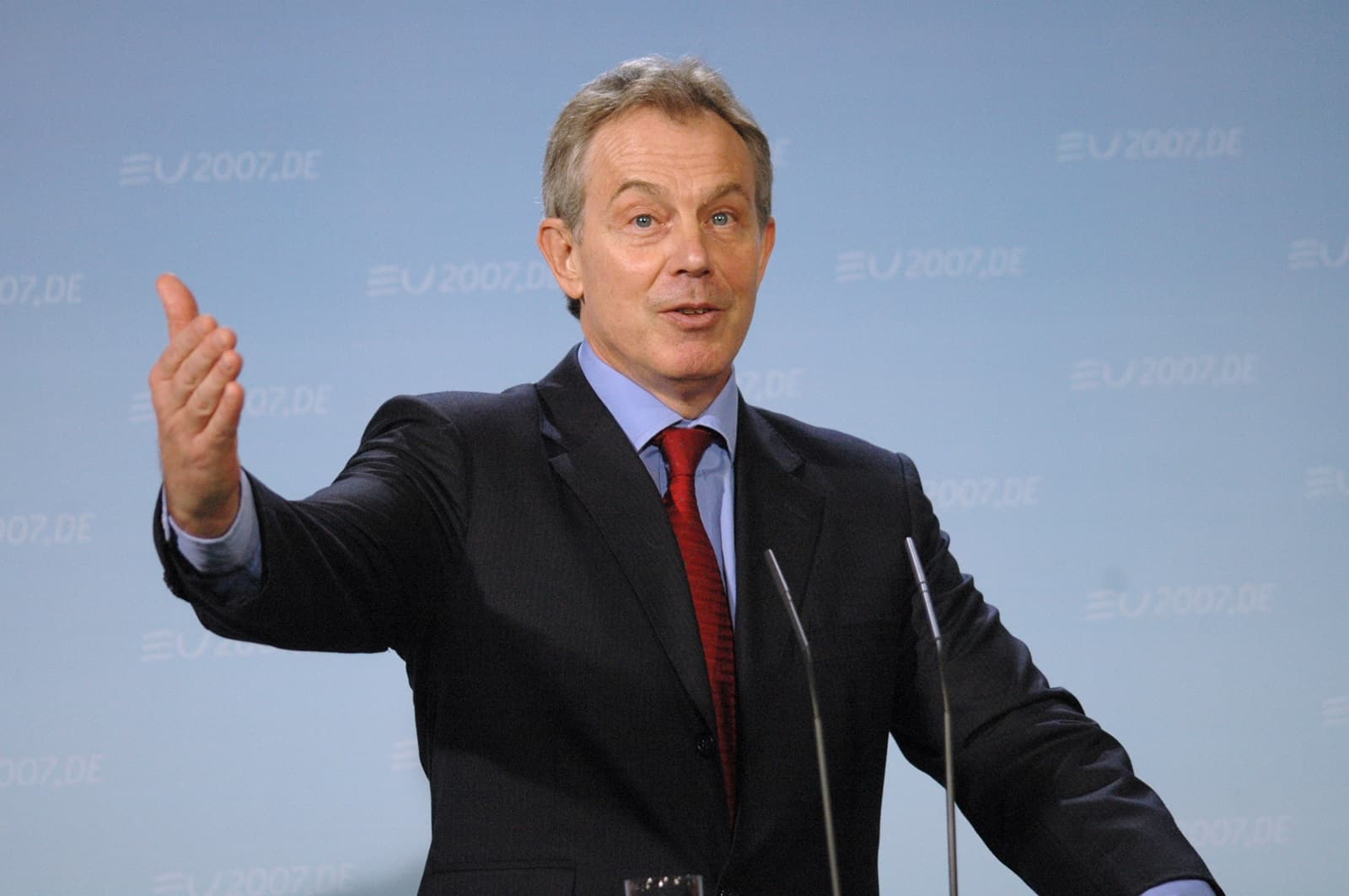
He added, “Secondly, beyond pay, there are a whole range of issues about how junior doctors are treated by their employer which I am genuinely angry about – in terms of their placements, their rotations.”
Immense Pressure on NHS
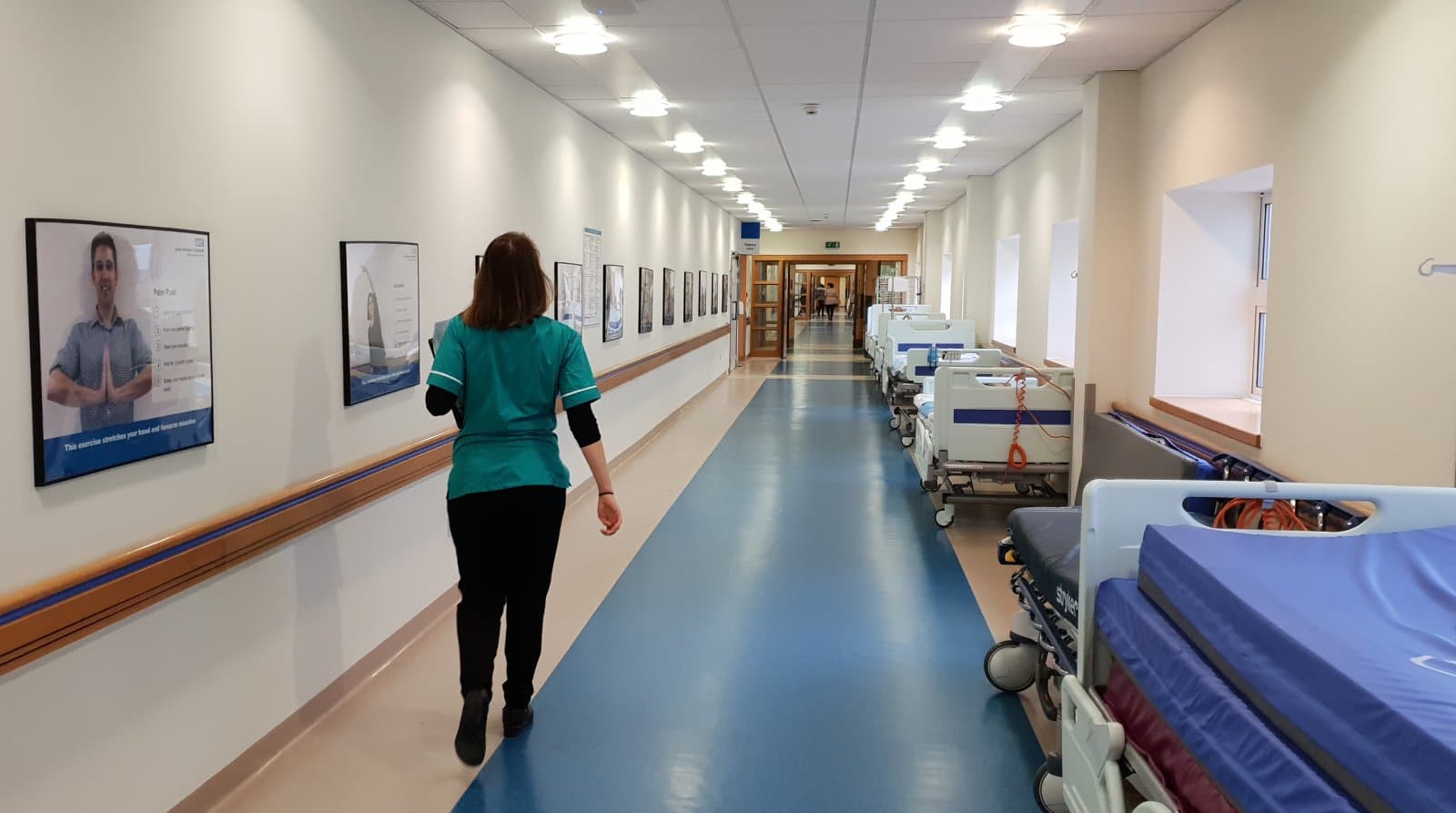
The ongoing industrial action has placed immense pressure on the National Health Service (NHS). Since December 2022, various healthcare staff groups, including nurses, physiotherapists, and paramedics, have participated in strikes, leading to nearly 1.5 million postponed appointments, procedures, and operations.
Exacerbated Challenges
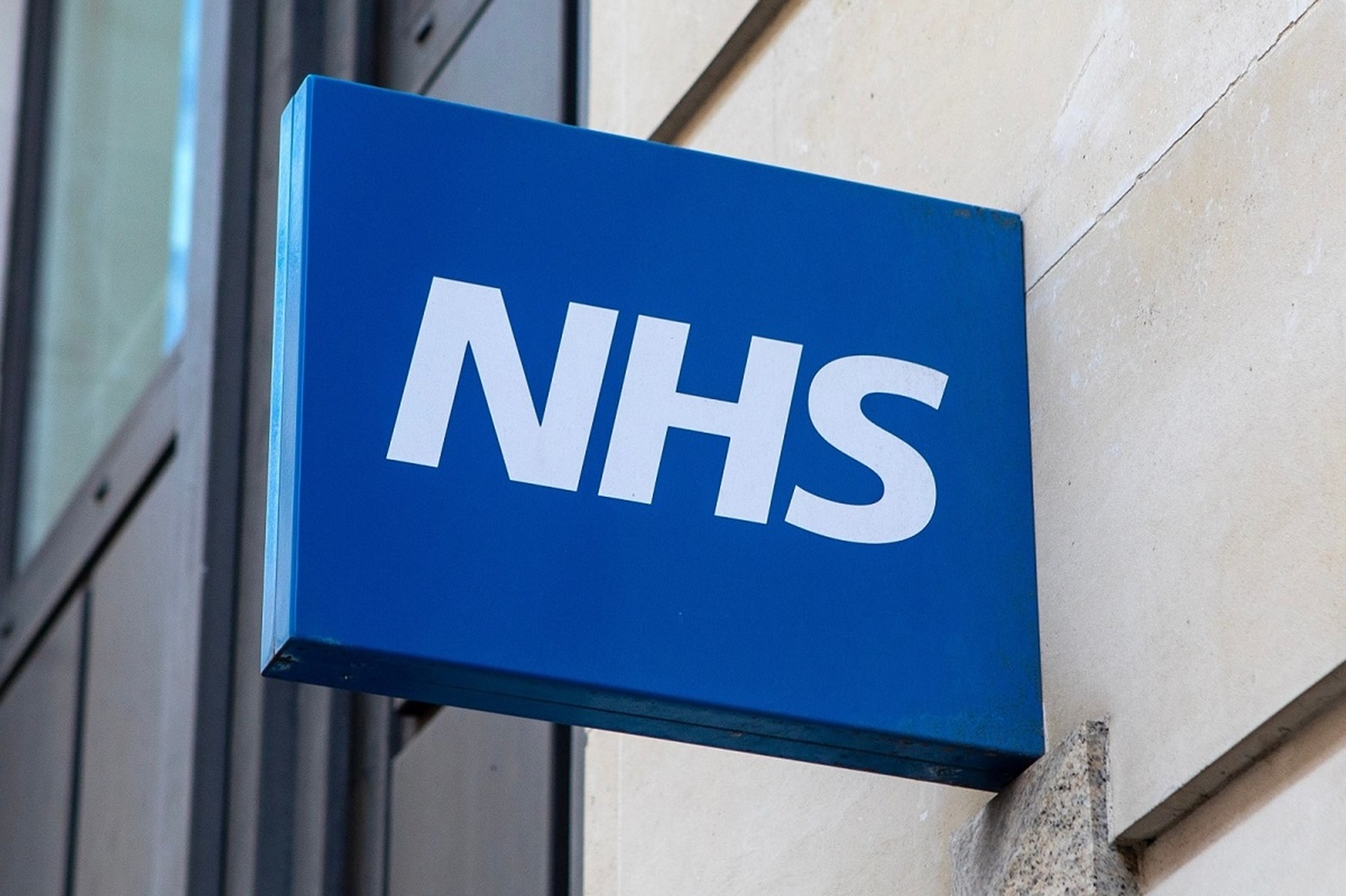
This disruption has exacerbated the challenges an already overburdened NHS faces, with over seven million patients currently on waiting lists for treatment.
Collaborative Talks

The recent talks between the government and the junior doctors have been described as collaborative and positive. BMA junior doctors committee co-chairs Dr Robert Laurenson and Dr Vivek Trivedi expressed optimism following the initial discussions. Dr. Trivedi noted, “We didn’t come into this meeting expecting a resolution to our dispute. We were hoping to be heard and to be listened to, which is what happened.”
Further Negotiations

Both parties have agreed to continue negotiations, with further meetings scheduled for the coming weeks. The focus of these discussions will likely include exploring a phased approach to the pay increase, which the BMA has indicated it is open to, and addressing other systemic issues affecting junior doctors.
Complex Negotiations

Dr. Laurenson highlighted the complexity of the negotiations, stating, “This is a complex negotiation and it’s going to take some time. This was a positive first step, but that’s all it was, the first step.”
Comprehensive Approach

Streeting expressed his commitment to addressing these broader systemic issues, indicating a comprehensive approach to improving working conditions for junior doctors.
Cutting Waiting Times

However, that was not the only issue that Streeting mentioned. With waiting lists reaching numbers that, before the pandemic, would have been considered unthinkable, Streeting also noted, “Cutting waiting times is my immediate focus and number-one priority.”
Turning Point
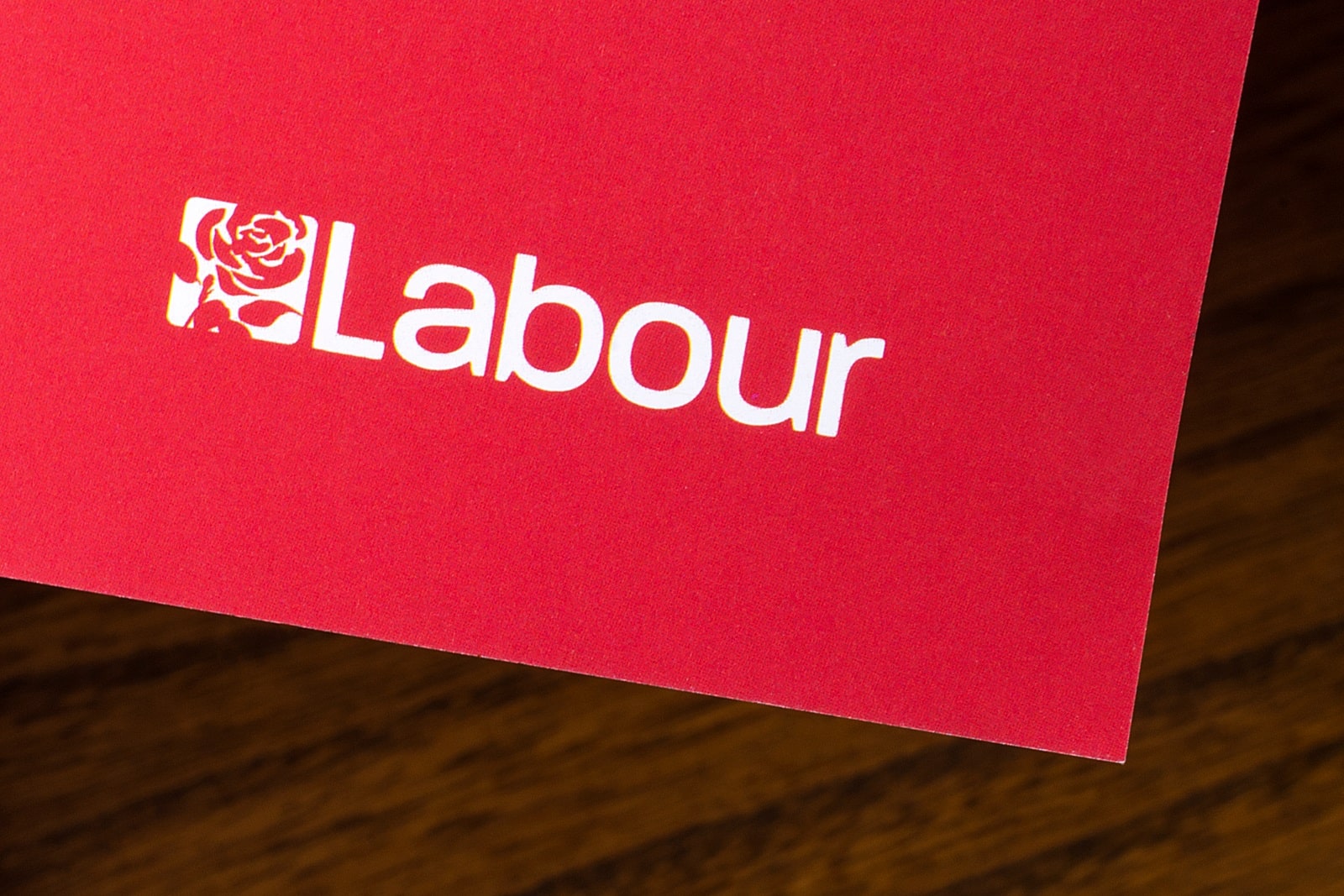
With the election of the new Labour government, the beginning of talks between the government and junior doctors could represent a turning point in the ongoing pay dispute between the warring sides.
Cautious Optimism

With both sides expressing a willingness to negotiate and the government recognising the broader issues at play, there is cautious optimism that a resolution can be achieved. The outcome of these negotiations will cast a long shadow, with unions, both medical and otherwise, using it as a trial case for how open the new government will be to negotiating and reaching compromise.
Hopes for Resolution

While the country hopes for a swift resolution, it remains to be seen whether this change of government will mean that a new deal can be reached which will allow junior doctors to get back to what they trained so long to do: taking care of a population whose medical needs have, for too long, not been suitably met.
Featured Image Credit: Shutterstock / Ink Drop.

